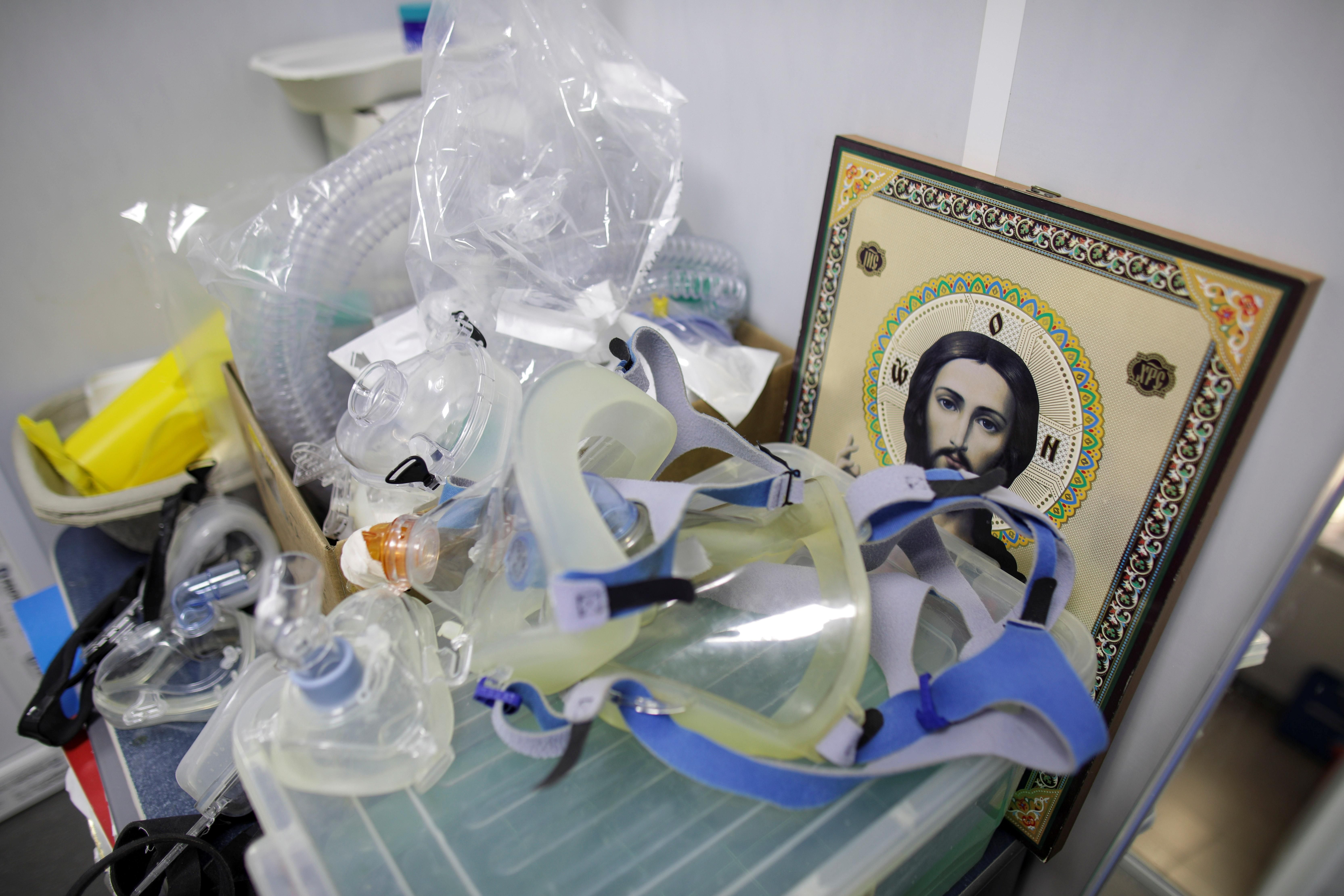Hard Numbers: Romania as COVID epicenter, Taliban tackle polio, Ukrainian hacker gets hacked, states embellish climate credentials
7: Romania now has the highest per capita death toll from COVID-19 in the world, recording a death rate seven times as high as the United States. Vaccine skepticism is rife in Romania, and it doesn't help that the country's government collapsed last month, hampering efforts to expand the vaccine rollout.
10 million: The Taliban has kicked off a speedy polio vaccination campaign, aiming to vaccinate 10 million Afghan children under the age of 5 in just four days. For years, the Taliban blocked UN agencies from carrying out inoculation drives, but now they want to prove they are willing to cooperate with international organizations.
6 million: US law enforcement agencies have seized $6 million in ransom payments to a Ukrainian cybercriminal after his hack of a Florida-based software company this summer affected more than 1,500 companies around the world. Washington has begun proceedings to have the hacker, Yaroslav Vasinskyi, extradited to the US from Poland, where he was arrested.
2.1 billion: Many countries fibbed about their greenhouse gas emissions to the UN in the lead up to the COP26 summit, according to a bombshell Washington Post investigation. Looking at individual nations' data reports, the Post concludes that up to 2.1 billion more tons of carbon dioxide emissions are currently being released into the atmosphere than the filings show.
